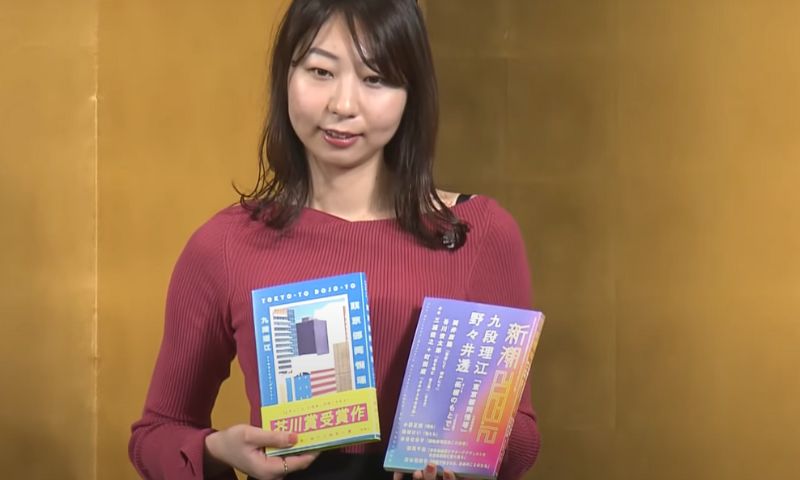TOKYO: The recipient of Japan’s esteemed literary award, the Akutagawa Prize, Rie Kudan, openly acknowledged the influence of generative AI, particularly ChatGPT, in about “five percent” of her latest novel, “Tokyo-to Dojo-to” (“Sympathy Tower Tokyo”).
Kudan’s futuristic work, which explores themes of AI within a Tokyo setting, was described by a judge as “almost flawless” and “universally enjoyable.”
At the winner’s ceremony, the 33-year-old author revealed her active use of generative AI during the writing process, specifically citing ChatGPT. Approximately five percent of the novel consists of sentences directly generated by AI, according to Kudan. She expressed how ChatGPT, an easy-to-use AI chatbot known for delivering essays promptly, played a significant role in unlocking her creative potential.
Beyond her role as an author, Kudan shared that she frequently engages with AI, using it as a source for inspiration and even incorporating ChatGPT’s responses into the novel’s dialogues. Looking ahead, she expressed her desire to maintain “good relationships” with AI and continue to “unleash her creativity” in collaboration with such technologies.
The acknowledgment of AI’s contribution to a renowned literary work raises discussions about the evolving relationship between human creativity and artificial intelligence in various sectors, including literature.























